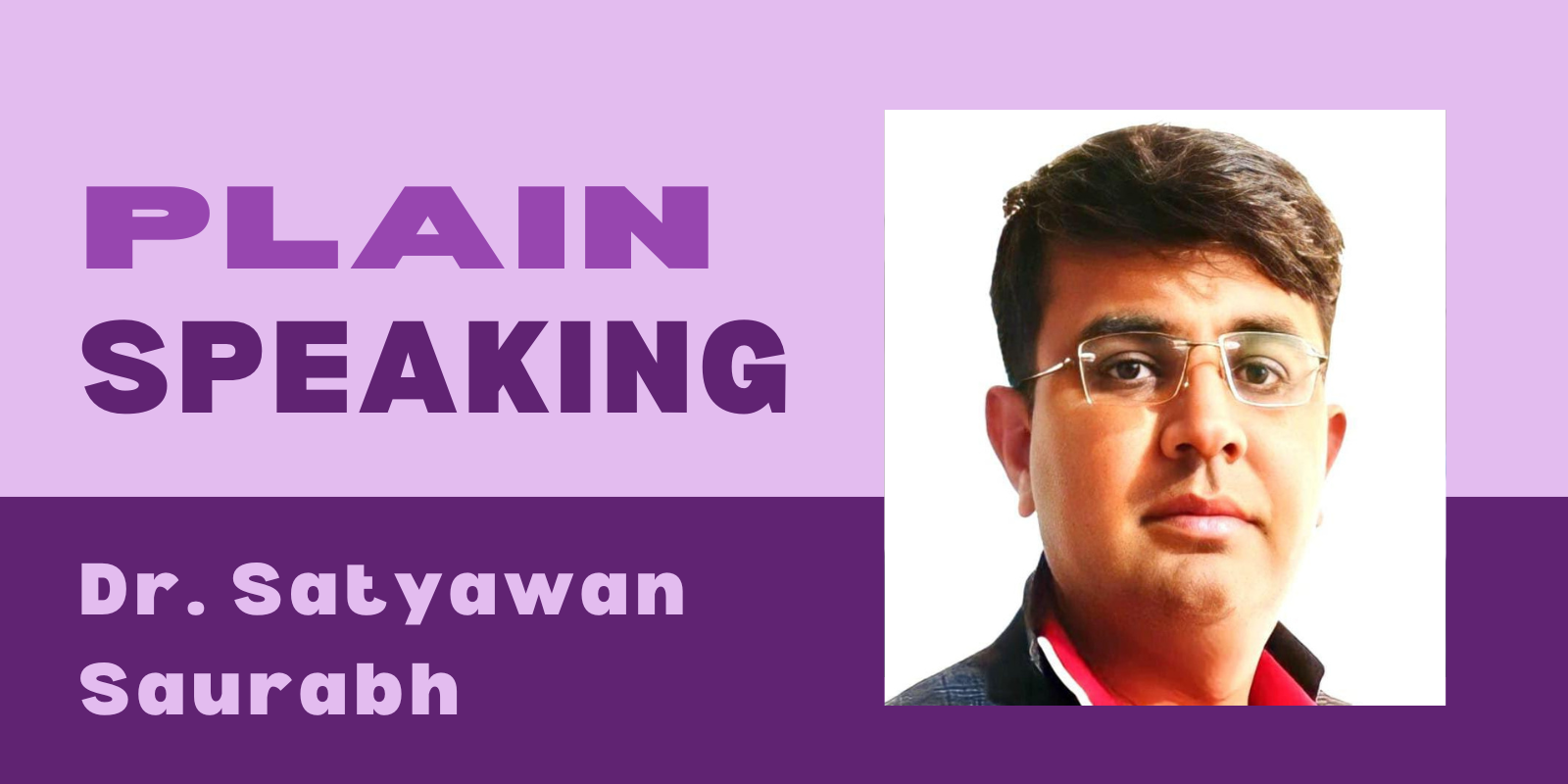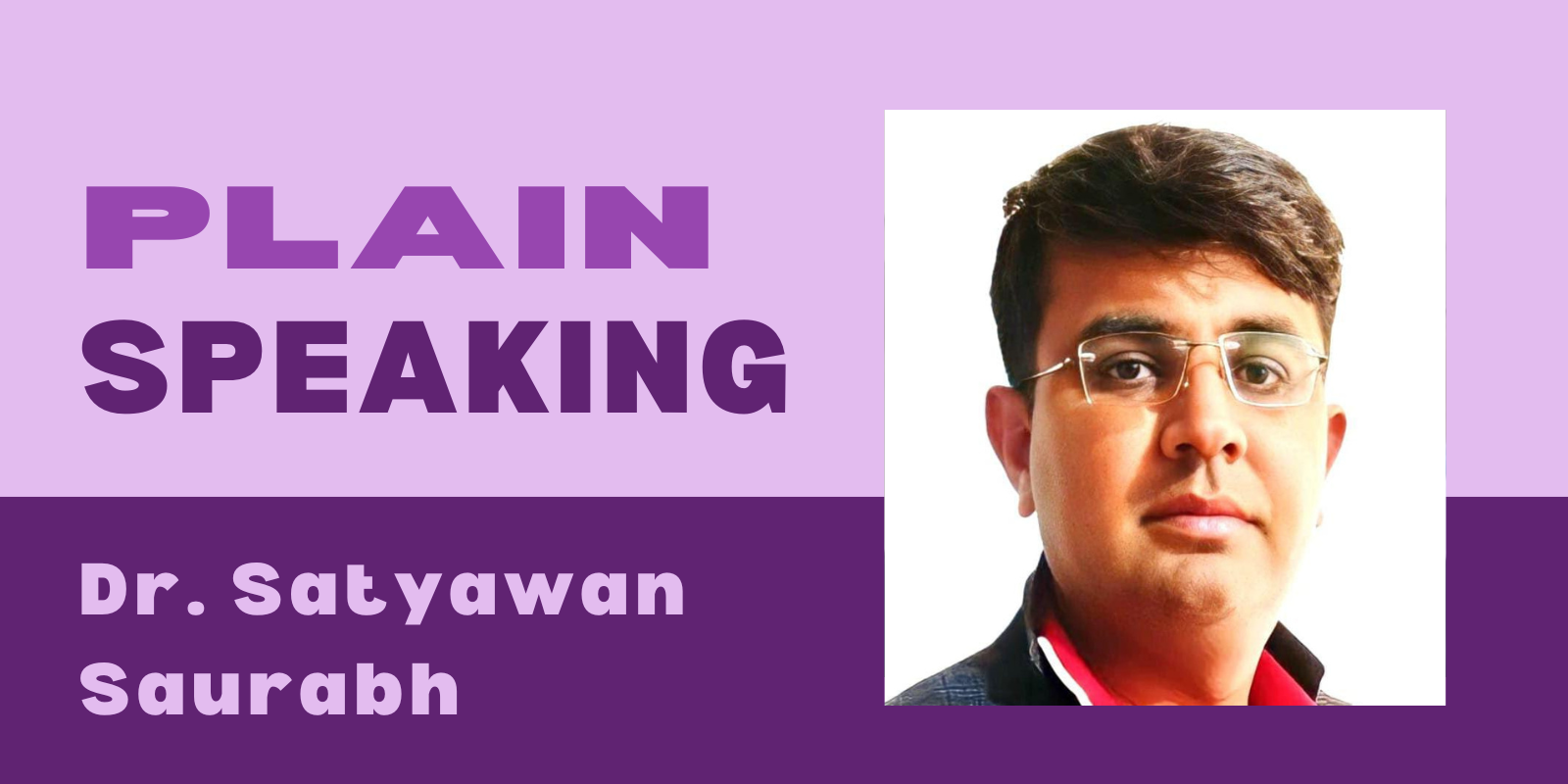The Secular Civil Code, also known as the Uniform Civil Code, proposes a single set of laws governing personal matters—such as marriage, divorce, inheritance, and property rights—for all citizens, regardless of their religious affiliation. India currently operates under multiple personal laws based on religion, including Hindu law, Muslim law (Sharia), and Christian law. The Secular Civil Code aims to replace these diverse legal systems with a uniform code that applies equally to all citizens. It aims to achieve legal uniformity across and within different communities, ensuring equal rights and protection for men and women. The Directive Principle of State Policies mentioned in Article 44 of the Indian Constitution provides that “The State shall endeavor to secure for the citizens a uniform civil code throughout the territory of India.” However, being a directive principle, it is not justiciable. The Uniform Civil Code is associated with liberal ideology and falls under liberal-intellectual principles. Articles 14 (equality before law), 15 (prohibition of discrimination), and 21 (right to personal liberty) support the underlying principles of the secular civil code.
India currently does not have a secular civil code applicable across the country. Instead, personal laws governing issues such as marriage, divorce, inheritance, and adoption for different communities vary according to religion. The Prime Minister has advocated for a secular civil code, echoing Dr. Ambedkar’s vision of a unified legal framework. The call aims to address the alleged communal and discriminatory aspects of existing laws and integrate the legal system. The Supreme Court has stressed the need for a secular civil code to eliminate laws that divide the country on religious grounds. The Hindu Code Bill was introduced to codify and unify personal laws for Hindus, including Sikhs, Jains, and Buddhists. Goa has a uniform civil code under the Goa Civil Code (Portuguese Civil Code 1867), which applies equally to all Goans regardless of religion or ethnicity. Uttarakhand recently passed the Uttarakhand Uniform Civil Code Bill 2024, which enacts a uniform civil code for matters such as marriage, divorce, and inheritance applicable to all residents except Scheduled Tribes.
The Uniform Civil Code will uphold secularism by removing archaic personal laws that perpetuate inequality. It ensures equal legal treatment for all citizens, regardless of religion, promoting a unified legal framework that promotes national unity. The Uniform Civil Code will eliminate discriminatory practices inherent in personal laws, especially those affecting women. By standardizing civil laws, it will guarantee equal rights and protection for all, advancing social justice. Even within a religion, there is no single common personal law governing all its members. For example, for the registration of marriages among Muslims, laws vary from place to place. The Uniform Civil Code focuses on civil matters such as marriage, divorce, and succession, leaving religious practices untouched. This approach aligns with practices in other democracies where a uniform legal framework coexists with religious freedom. The Uniform Civil Code will streamline and modernize India’s legal framework, replacing complex and inconsistent personal laws with a simplified system.

This will reduce legal uncertainty and prevent legal loopholes from being exploited. For example, the case of Sarla Mudgal v. Union of India highlighted how individuals can exploit differences in personal laws to circumvent legal restrictions. Implementing a Uniform Civil Code will significantly reduce the burden on the judiciary by resolving many personal law disputes efficiently. This will free up resources to address other pressing national issues, thereby improving overall judicial effectiveness. With nearly 4.70 crore cases pending in Indian courts as of March 2022, the judiciary is struggling to clear the backlog. Global perception: Adoption of a Uniform Civil Code can boost India’s global reputation by demonstrating its commitment to equality, secularism, and human rights. Fulfillment of Constitutional Duty: Article 44 of the Indian Constitution states that the State shall endeavor to secure for all citizens a Uniform Civil Code. A uniform civil code will separate religion from social relations and personal laws, ensure equality, and thus promote harmony and national integration.
Indian laws already maintain a uniform code in many civil matters, such as the Indian Contract Act and the Code of Civil Procedure. However, states have made several amendments, leading to diversity even within secular civil laws. Articles 371(A) to (i) and the Sixth Schedule of the Constitution provide special protection to certain states, reflecting recognition of regional diversity in family laws. The inclusion of personal laws in the Concurrent List supports the protection of this diversity, highlighting the contradiction with the pressure for uniformity under Article 44. A uniform civil code could be a threat to India’s pluralistic society, where people have deep faith in their religious tenets. The Law Commission of India in 2018 stated that a uniform civil code is “neither necessary nor desirable” at this stage, stressing that secularism should ensure the peaceful coexistence of cultural differences, not undermine them. T.M.A. The Supreme Court in Pai Foundation v. State of Karnataka highlighted that Indian secularism is about recognizing and preserving diverse identities within a united nation.
A uniform civil code could conflict with this principle by potentially destroying the coexistence of multiple personal identities under the national identity. The absence of clear guidelines or an approach to drafting a Uniform Civil Code is a significant obstacle. The complexity of merging all personal laws or creating new laws that follow the constitutional mandate complicates consensus building. Minorities often view a Uniform Civil Code as an imposition of the majority view, thereby violating their constitutional rights under Articles 25 and 26. A Uniform Civil Code could potentially impose a code that is influenced by Hindu practices across communities. Tribal communities and other minority groups have different marriage and death rites that differ significantly from Hindu customs. There is concern that a Uniform Civil Code could impose similar practices, leading to restrictions on these unique practices. Implementing a Uniform Civil Code in a diverse country like India, where religious communities follow their own personal laws, presents significant challenges.
The Law Commission of India suggested that rather than enacting a Uniform Civil Code, it is more prudent to study and amend discriminatory practices within existing personal laws. The Uniform Civil Code should recognize India’s multiculturalism and emphasize that unity is more important than uniformity, as endorsed by the Indian Constitution. Extensive consultations with religious leaders, legal experts, and community representatives are essential to make the Uniform Civil Code fair and valid. Lawmakers must strike a balance between removing unconstitutional practices and respecting cultural traditions while keeping in mind the goal of equality and gender justice. The Constitution supports cultural autonomy, with Article 29(1) protecting diverse cultures. Communities must inculcate practices with values to ensure justice. Effective implementation of the Uniform Civil Code requires educating citizens through extensive outreach efforts to ensure understanding and acceptance.
Moving beyond outdated and divisive personal laws is essential to achieving the constitutional vision of an India where all citizens are treated equally under the law. As Babasaheb Ambedkar said, “Law and order is the medicine of the body politic, and when the body politic becomes sick, the medicine must be given.” A secular civil code is the medicine India needs to address and heal the inequality and injustice that has plagued our society for too long.






